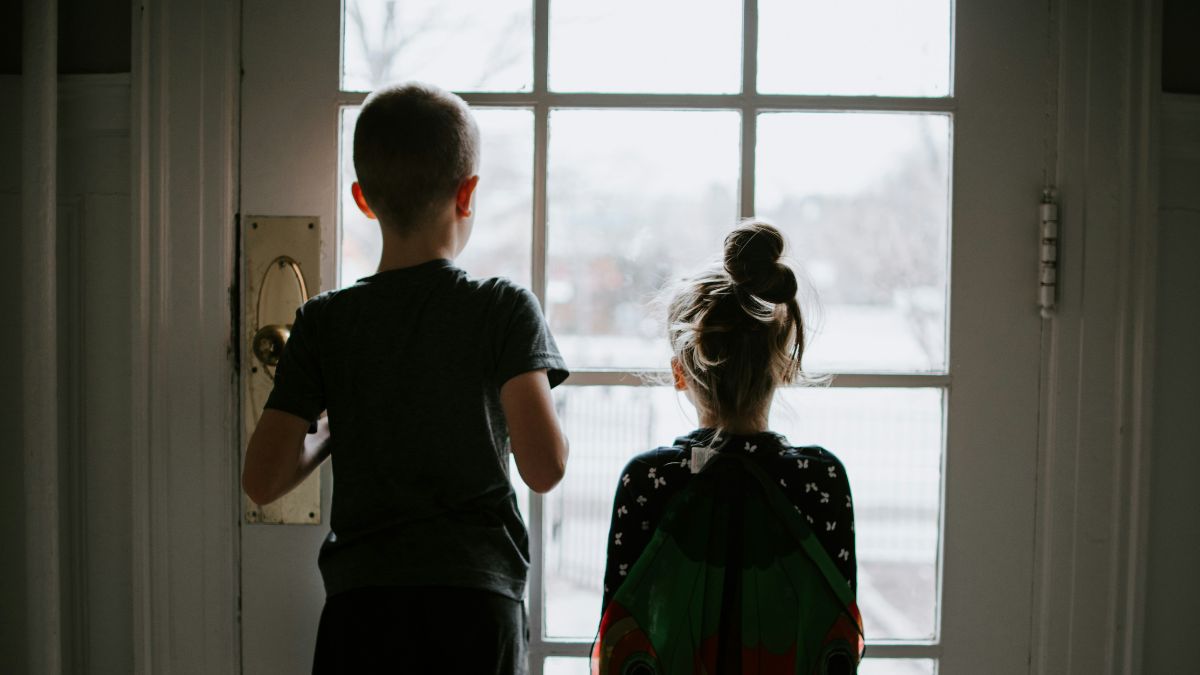

BreakPoint
Taking Hostages
A few days prior to the start of its new term, the Supreme Court voted to hear a case involving Cleveland's school voucher program. While the number of people directly affected by the Court's decision is relatively small, the impact of that decision, when it comes, could be huge. In 1995, the Ohio legislature, prompted by the public schools' failure to educate poor children, enacted a voucher program. The program provides $2,250 for children from low-income families to attend private schools. Ninety-six percent of the four thousand students participating in the program used the vouchers at religious schools. No surprise, since non-parochial schools charge a whole lot more than $2,250 in tuition and fees. In addition, the only private schools operating in inner-city neighborhoods are parochial and other church-affiliated schools. But as soon as the program got started, lawsuits were filed by teachers unions and the ACLU. They claimed the programs violated the First Amendment's prohibition against the establishment of religion. Not surprisingly, a federal district court judge agreed with them and issued a injunction against the program. Last December, the Sixth Circuit upheld the District Court's ruling. The Appeals Court called the program a "diversion of government aid to religious institutions," as well as an "endorsement of religious education." Judge James Ryan, in his dissent, dismissed the First Amendment concerns and called the decision "an exercise in raw judicial power." The real issue, according to Ryan, was the majority's "hostility" to "publicly funded education choice for the poor." Well, Judge Ryan is right. And if the Supreme Court goes along with this power grab, poor kids won't be the only ones affected. After all, the Appeals Court's reasoning could just as easily be applied to the president's faith-based initiatives. Aid to a program like Prison Fellowship's InnerChange can, under the Sixth Circuit's criteria, be called "government aid to religious institutions." If you insist that the First Amendment prohibits this kind of assistance, the only place that poor people can turn to is government programs -- the same programs that, like Cleveland's schools, have failed them. The faith-based programs likely to be adversely affected are many people's last, best chance to get the help they need. Worse yet, the parties challenging the programs know this is so. As studies show, many public school teachers in big cities like Cleveland send their own kids to private schools. What we have here is a combination of self-interest and a misreading of the Constitution working overtime to deny the poor the opportunity for a solid educational foundation for life. So, Christians need to work overtime as well. The Supreme Court, as Harry Hopkins once said, follows the election returns. Even if they are inclined to rule against vouchers, they can be swayed by public opinion. We need to create a public debate and a public dialogue about the fairness of depriving people of the help they need, just to protect programs that aren't working. If our elites' hostility to school vouchers leaves kids stranded in failing schools, it isn't only bad constitutional law; it's an indifference bordering on cruelty. And people denied the help they need will draw little solace from the knowledge that the public square is free from unwanted religious influence.
11/13/01















